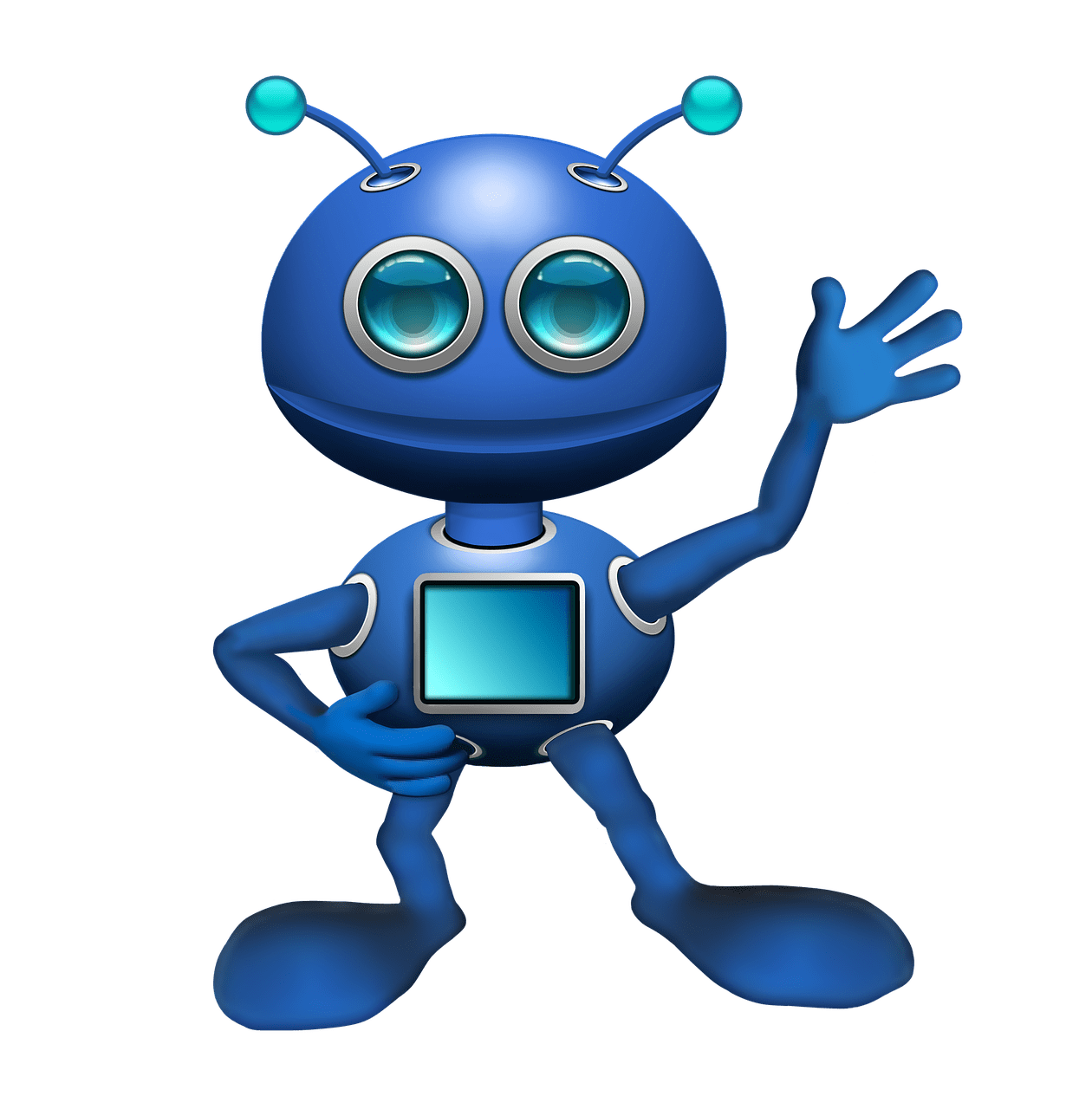Future of Robots : The rapid evolution of robotics is reshaping industries, economies, and the way we live. From advanced manufacturing to artificial intelligence-driven companions, robots are becoming increasingly integrated into our daily lives. This article explores the trajectory of robotics, examining the anticipated advancements, ethical considerations, and the transformative impact on various sectors.
1. The Rise of AI-Powered Robots:
The future of robots is intricately linked with the development of artificial intelligence (AI). AI-powered robots are expected to demonstrate enhanced decision-making capabilities, learning from experiences and adapting to dynamic environments. This evolution is set to usher in a new era of smart, autonomous machines capable of complex tasks.
2. Collaborative Robots (Cobots):
Collaborative robots, or cobots, are designed to work alongside humans, enhancing productivity and efficiency. The integration of cobots into manufacturing, healthcare, and service industries is anticipated to optimize workflows, improve precision, and create safer working environments.
3. Future of Robots : Humanoid Robots and Social Interaction:
Advancements in robotics are pushing the boundaries of human-robot interaction. Humanoid Future of Robots with sophisticated facial recognition, natural language processing, and expressive movements are being developed for roles in customer service, companionship for the elderly, and even entertainment.
4. Autonomous Vehicles and Drones:
The automotive industry is undergoing a transformation with the development of autonomous vehicles. Self-driving cars and trucks promise increased safety and efficiency on roads. Drones, equipped with AI, are revolutionizing industries such as agriculture, delivery services, and surveillance.
5. Robotic Healthcare Assistants:
In healthcare, robots are playing an increasingly significant role. Surgical robots are enabling precision surgeries, while robotic exoskeletons aid in rehabilitation. Additionally, robots are being developed to assist with tasks such as medication delivery and patient care.
6. Ethical Considerations and Regulations:
The proliferation of Future of Robots raises ethical questions related to privacy, job displacement, and the potential misuse of AI. Governments and organizations are grappling with the need for regulatory frameworks to ensure responsible development and deployment of robotic technologies.
7. Job Transformation and Reskilling:
The integration of robots into various industries is expected to transform job landscapes. While certain routine tasks may be automated, the rise of robotics is likely to create new job opportunities that require unique skills. Adaptability and reskilling will be crucial for the workforce of the future.
8. Challenges of Bias in AI:
As robots become more sophisticated, concerns about bias in AI algorithms are gaining prominence. Ensuring fairness and preventing discrimination in AI-driven decision-making processes is a critical challenge that developers and policymakers must address.
9. Environmental Applications:
Robots are being employed for environmental purposes, such as monitoring and addressing climate change, conservation efforts, and cleaning polluted areas. Robotics technology has the potential to contribute significantly to environmental sustainability.
10. Global Collaboration and Open Source Robotics:
The future of robotics will likely involve increased collaboration among researchers and developers worldwide. Open source platforms are facilitating knowledge-sharing and accelerating advancements in robotic technology, fostering a collaborative approach to innovation.
Conclusion:
The future of robots holds tremendous promise, offering solutions to challenges across diverse fields. From enhancing efficiency in industries to providing healthcare assistance and transforming transportation, robots are poised to become integral to our lives. However, navigating the ethical considerations and societal impacts will be crucial to ensuring that the integration of robots aligns with human values and contributes positively to our evolving world. As we stand on the cusp of a robotic revolution, embracing innovation responsibly will be key to shaping a future where humans and machines coexist harmoniously.


 Watch
Watch
 CASUAL WEAR
CASUAL WEAR











